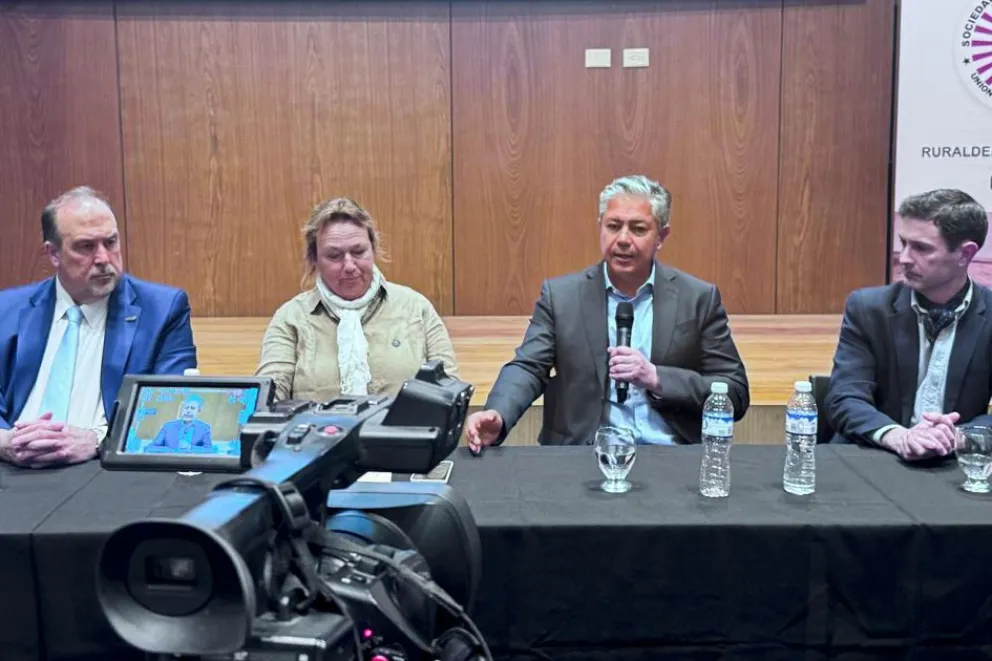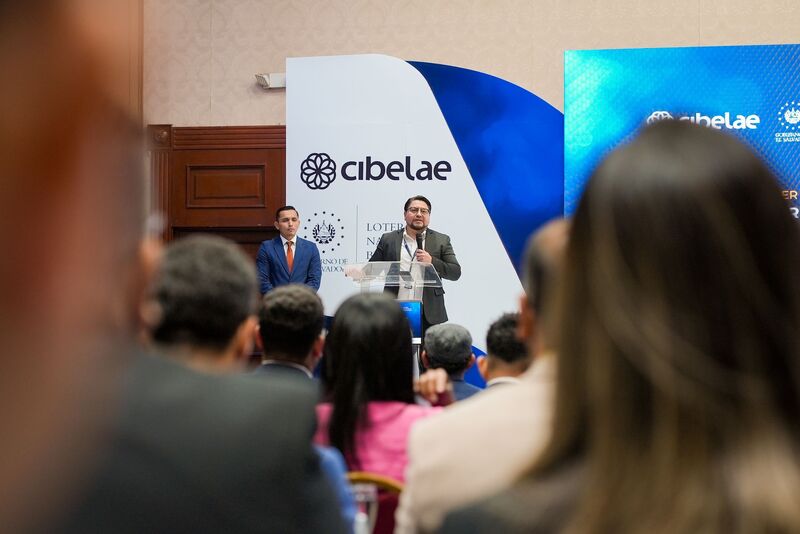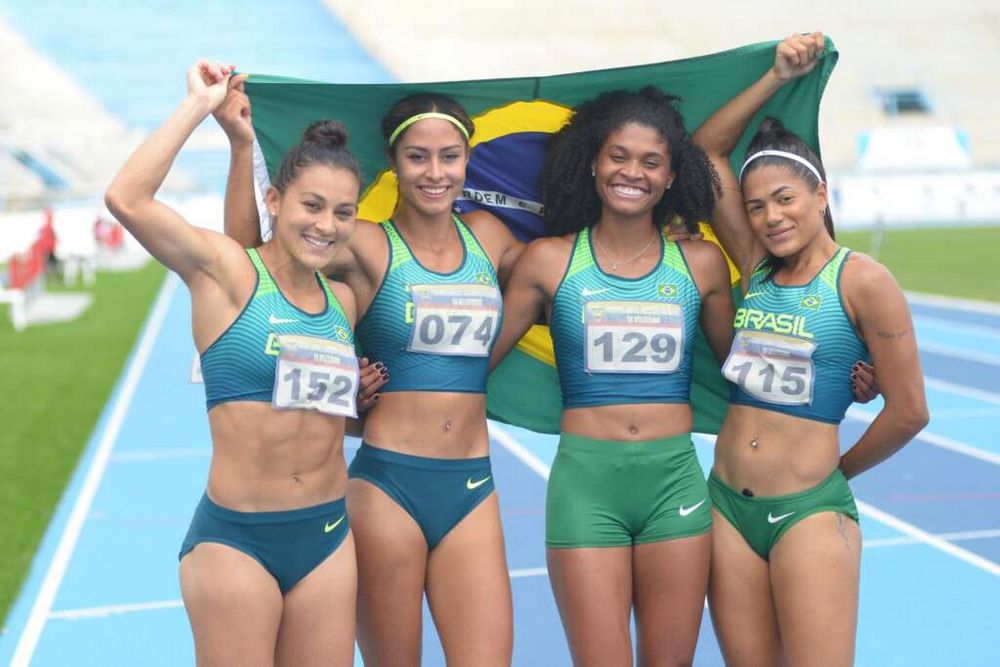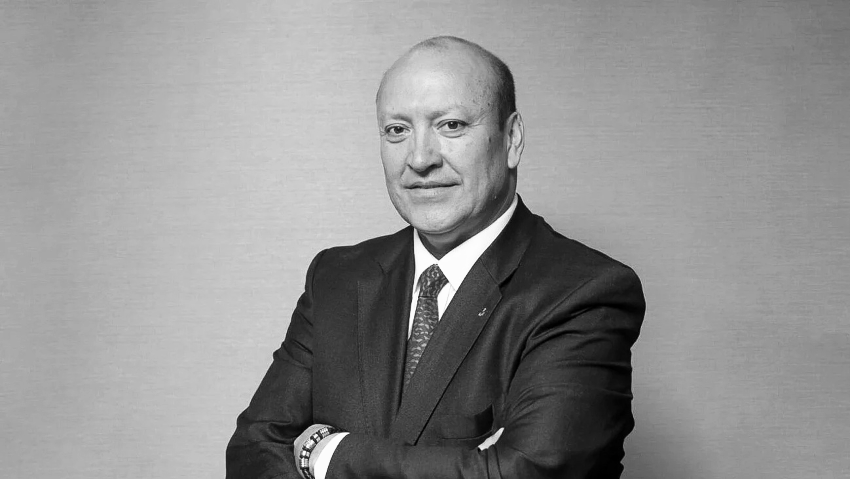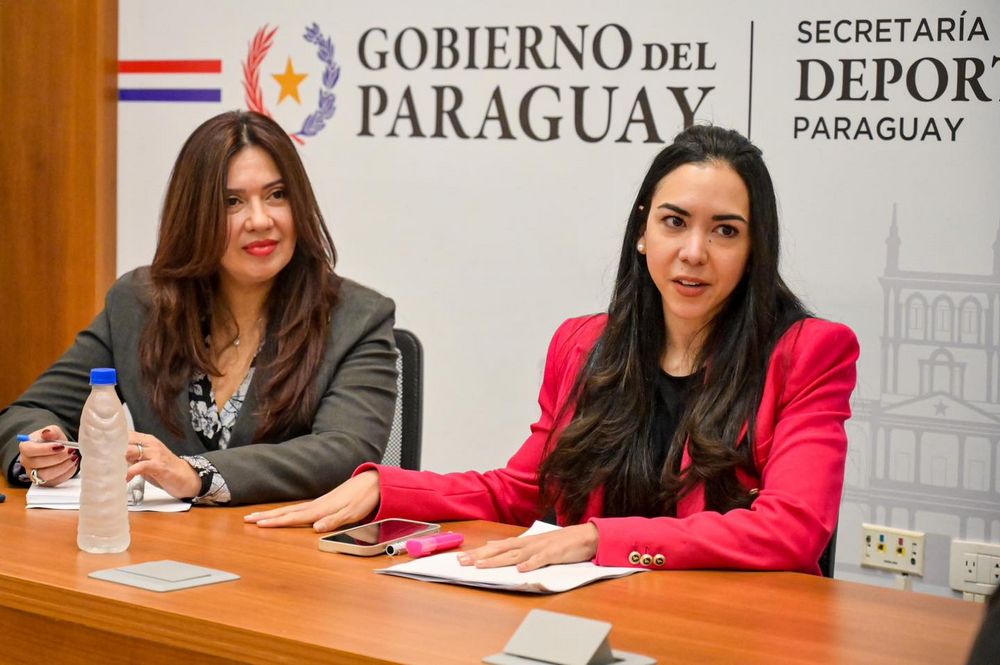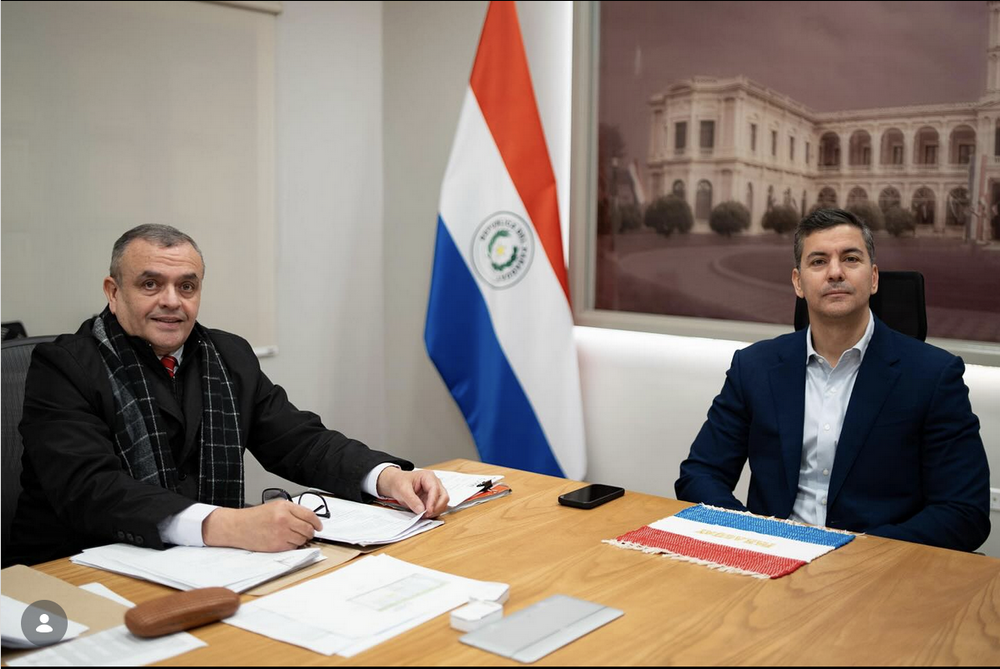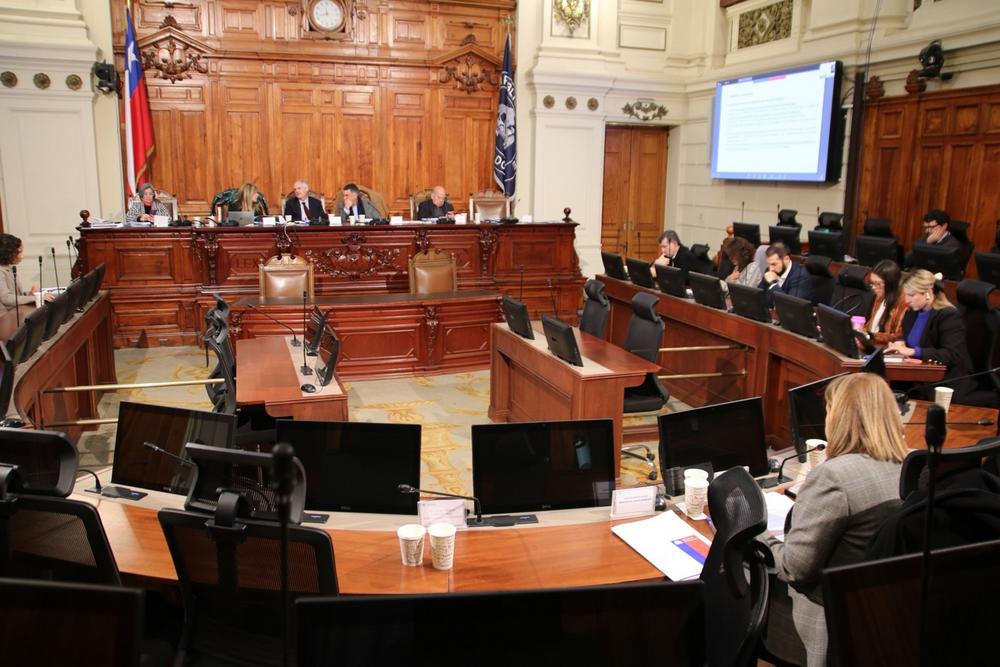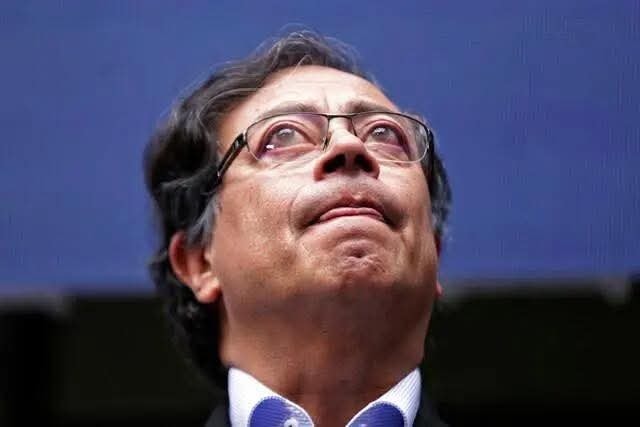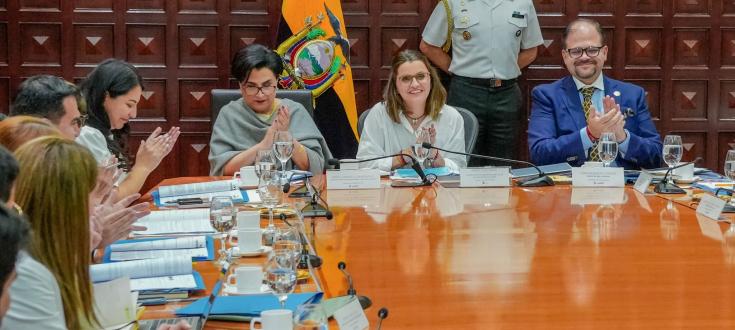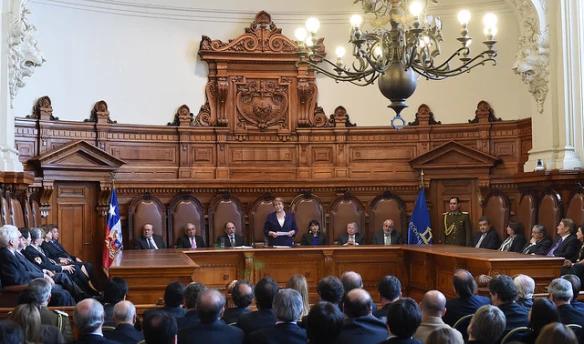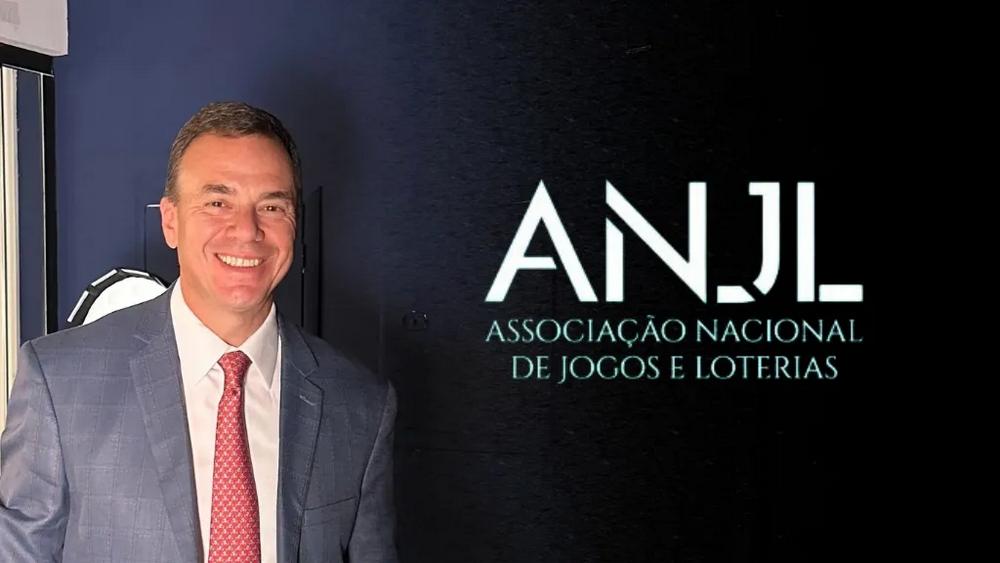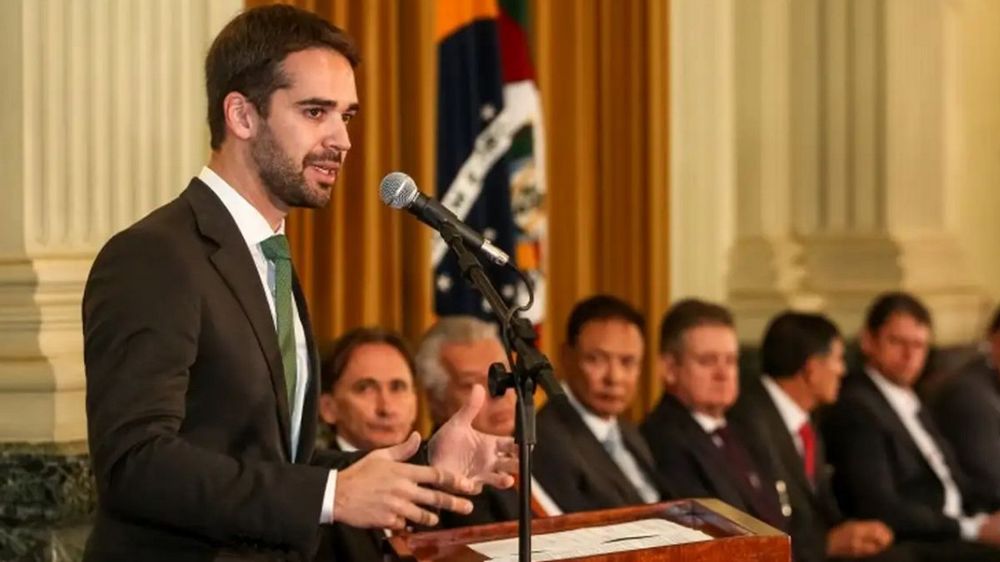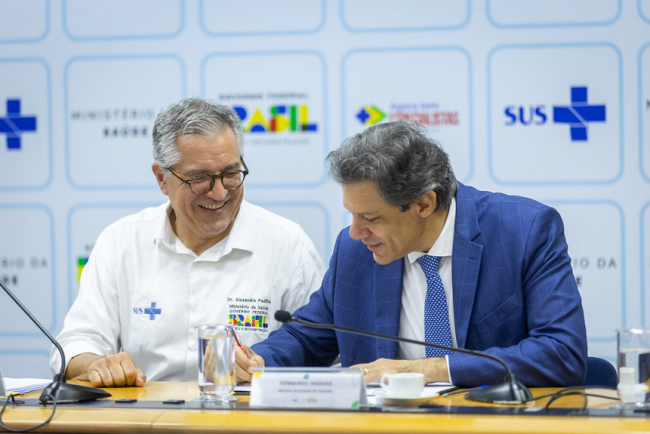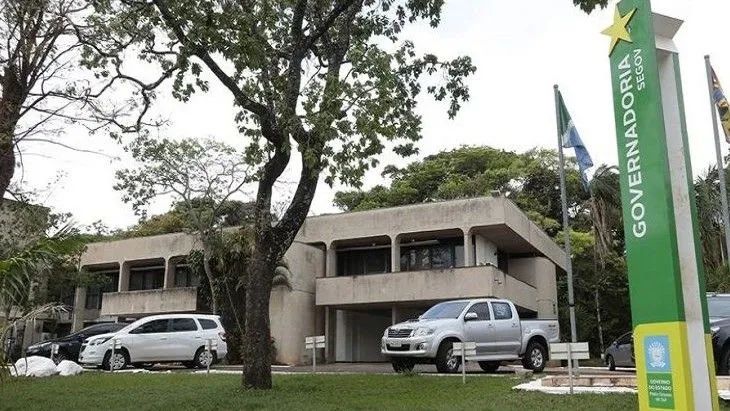Brasília, October 2025 — A growing number of Brazilian municipalities are attempting to establish their own lotteries, sparking tension with federal authorities who warn that such initiatives may be illegal under current legislation.
Following the implementation of Law 14.790/2023, which legalized fixed-odds betting and defined the operational rights of the Union, states, and the Federal District, at least 77 municipalities have approved or are considering local lottery frameworks. However, the law does not explicitly grant municipalities the right to operate gambling activities — creating what experts call a “regulatory grey area.”

According to data compiled 39 cities have already approved local lottery laws but have not launched operations, while 17 others remain in the planning phase. Only Bodó, a small town in Rio Grande do Norte, currently operates a municipal lottery — with 37 authorized operators, none of which hold licenses from Brazil’s Ministry of Finance.

Federal agencies have warned that these local systems could undermine national regulation and expose players to unlicensed operators lacking oversight or consumer protection guarantees. Critics argue that allowing more than 5,000 municipalities to run independent lotteries could create chaos in compliance and monitoring.
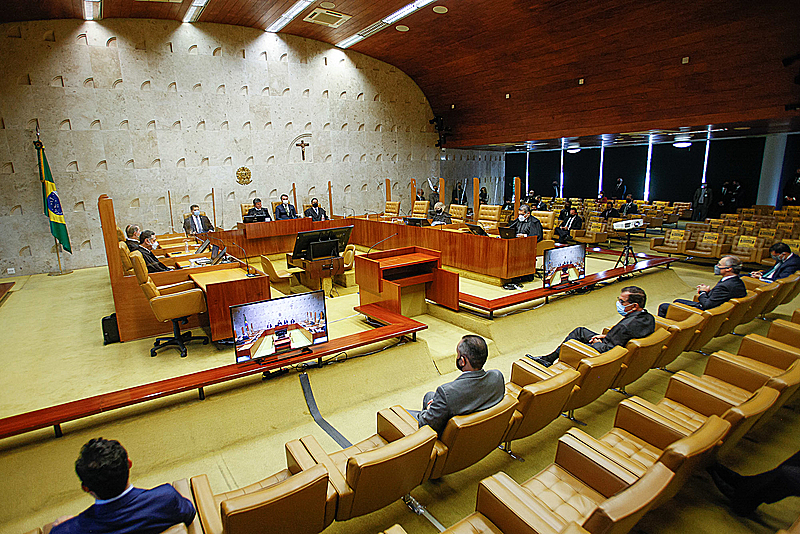
The controversy is now before Brazil’s Supreme Federal Court (STF) under ADPF 1212, which will determine whether municipalities have constitutional authority to run lotteries. The case is currently under review by the Prosecutor General’s Office.
Brazilian commission approves new rules to prevent money laundering in lotteries
Municipal leaders defend their position by citing the STF’s 2020 ruling that extended lottery rights to states, arguing that the same logic applies locally. Still, until the Court issues a final decision, Brazil’s municipal lotteries remain an ambitious — and highly uncertain — gamble.











